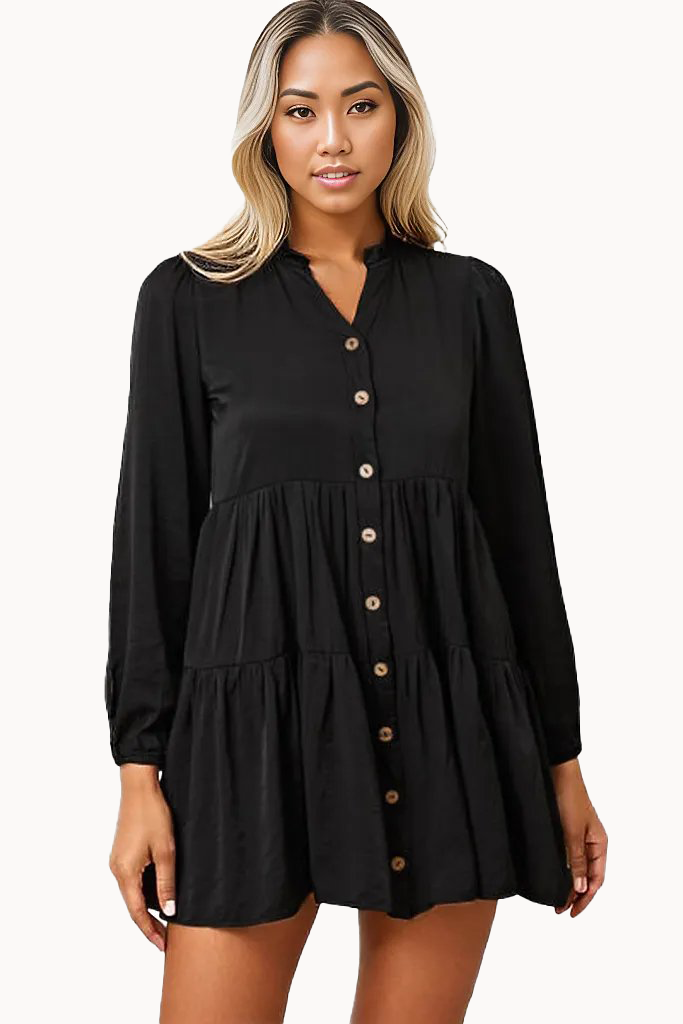 Naturally ScentedDerived From Plants
Naturally ScentedDerived From Plants Sensitive Skin ApprovedGentle, Safe For All
Sensitive Skin ApprovedGentle, Safe For All Organic IngredientsPowered By Nature
Organic IngredientsPowered By Nature

WORLD'S 1ST SUNFLOWER BASED CLEANSERS
Our shampoos and detergents are not only 100% free of coconut derivatives but also organic, natural and completely hypoallergenic. Featuring super high foaming power that target your hair and skin concerns like eczema, acne, psoriasis and allergies to make you look and feel your best!

CREATED WITH SENSITIVE SKIN IN MIND
You Deserve Simply The Best!
We were once like you, label reading through aisles of countless supermarkets and left without personal care products to buy. The reason: They contained our allergens. In 2016, Naturally Free was born in an effort to avoid harsh chemicals and major allergens commonly found in hair and skin care. Our products are formulated for all skin types and hair textures seeking a toxic free lifestyle. We believe you deserve simply the best ingredients free from your allergens. No coconut, shea butter, argan and sesame in any of our products to name a few! It's our mission to use natural, safe, organic and plant based ingredients. We don't make anything that isn't effective or you can't pronounce.
Earth Wear 🌎 Spring 2024 Collection


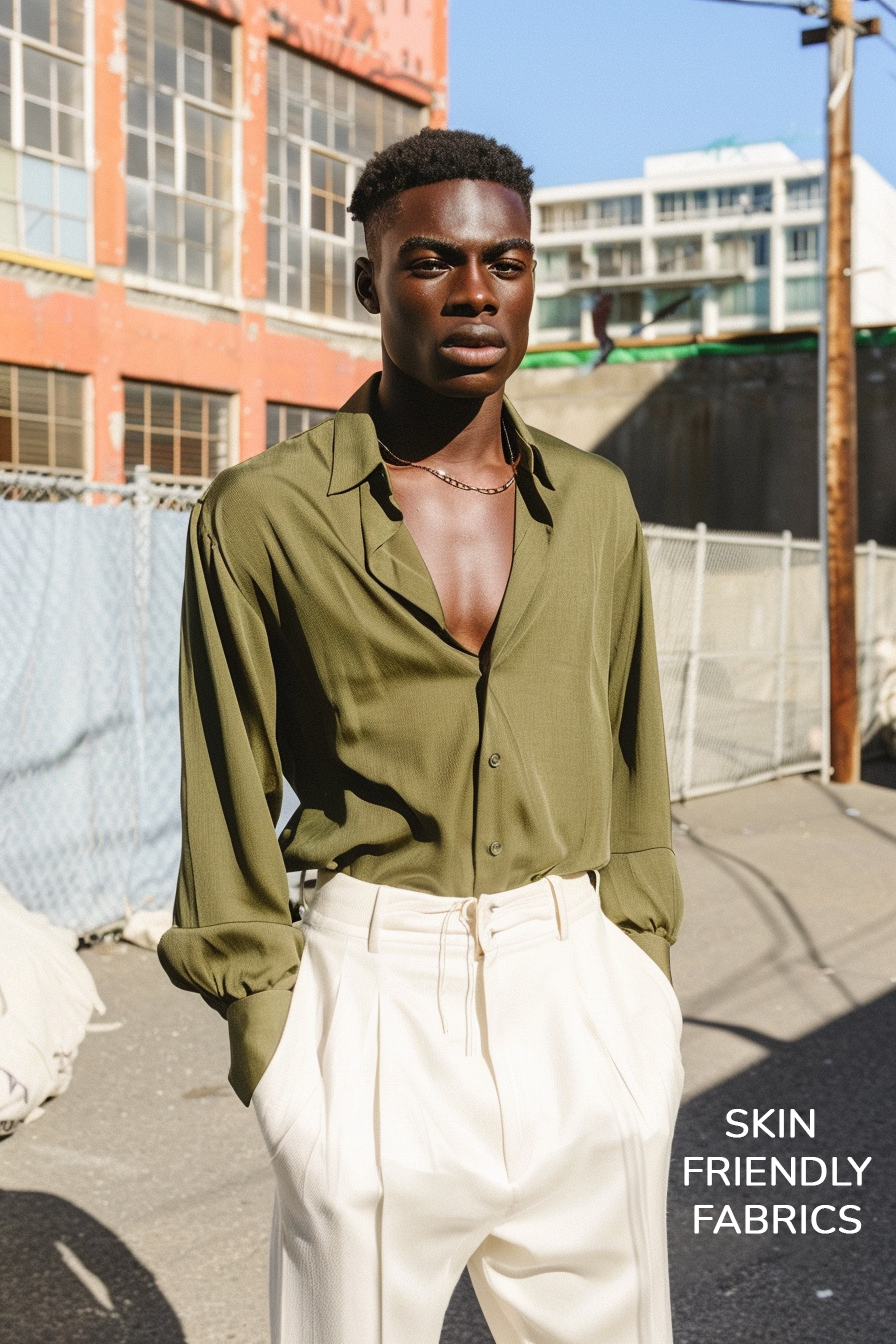
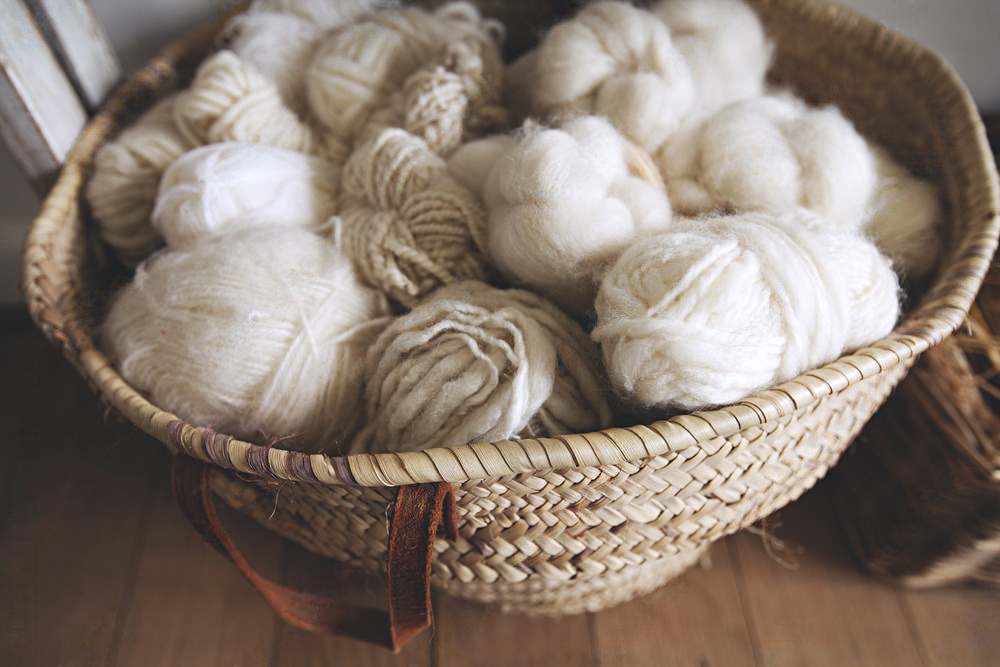
Wool fabric, a natural fiber obtained primarily from sheep, offers a range of benefits owing to its unique properties. First, wool is an excellent insulator, naturally retaining heat, making it ideal for cold weather clothing and blankets. It is also highly absorbent, able to wick moisture away from the body, keeping the wearer dry and comfortable. Additionally, wool is known for its durability and elasticity, capable of stretching and returning to its original shape, which contributes to the longevity of woolen garments. Wool's natural resistance to wrinkles and stains makes it a practical choice for everyday wear and travel clothing. Wool is sheared from sheep in a humane process that does not harm the animal, with major wool-producing countries including Australia, New Zealand, and China. This renewable fiber is also biodegradable, making it an environmentally friendly textile choice.
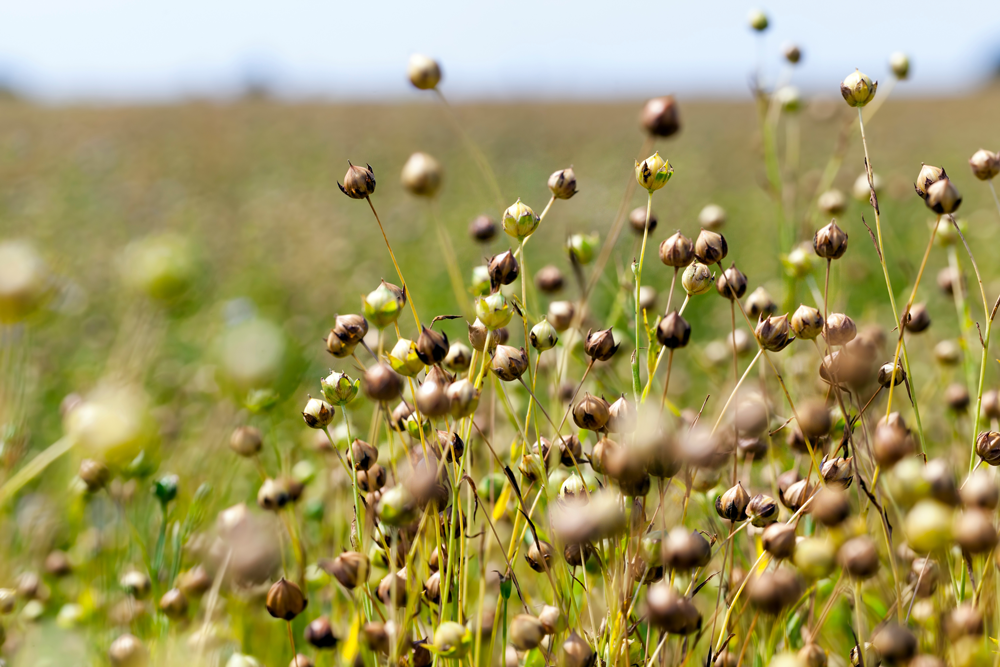
Linen fabric known for its distinctive, luxurious texture is derived from the fibers of the flax plant, traditionally grown in regions like Western Europe, particularly in Belgium and France. One of the primary benefits of linen is its exceptional breathability, which makes it an ideal choice for summer clothing and bedding, as it helps regulate body temperature by allowing air to flow through the fabric. Linen is also highly absorbent and dries faster than cotton, making it perfect for towels and activewear. Additionally, linen is renowned for its durability and strength, often becoming softer and more comfortable with each wash without losing its shape. Environmentally, linen is a sustainable choice, as the flax plant requires less water and fewer pesticides compared to conventional cotton, and every part of the plant is used, leaving no waste. The production of linen is also energy efficient, as the flax plant can grow in poor-quality soil and requires less energy to process into fabric.
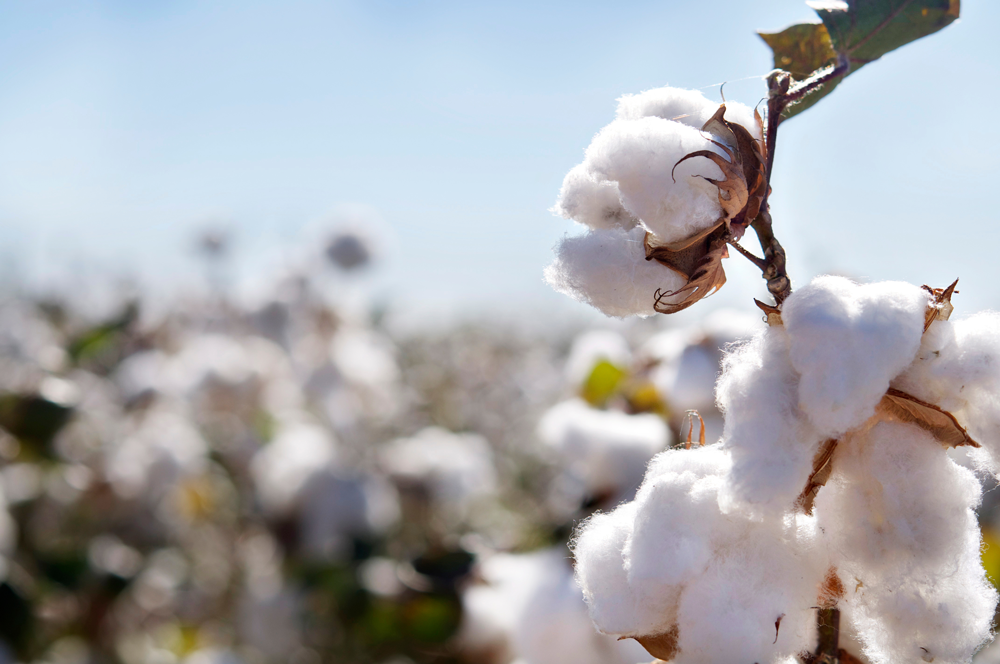
Derived from the surrounding seeds of the cotton plant, it offers numerous benefits. Firstly cotton is highly breathable, making it comfortable to wear in warm weather as it allows air to circulate close to the skin. Secondly, cotton is hypoallergenic and doesn't irritate the skin, making it ideal for sensitive skin or for use in baby clothing. Additionally, it's a durable material that can withstand high temperatures, which makes it easy to wash and disinfect. Lastly, being a natural fiber, cotton is biodegradable, reducing environmental impact compared to synthetic fabrics. Cotton is grown in various regions worldwide, with major producers including China, India, and the United States, where it's cultivated in large fields and harvested mechanically or by hand.
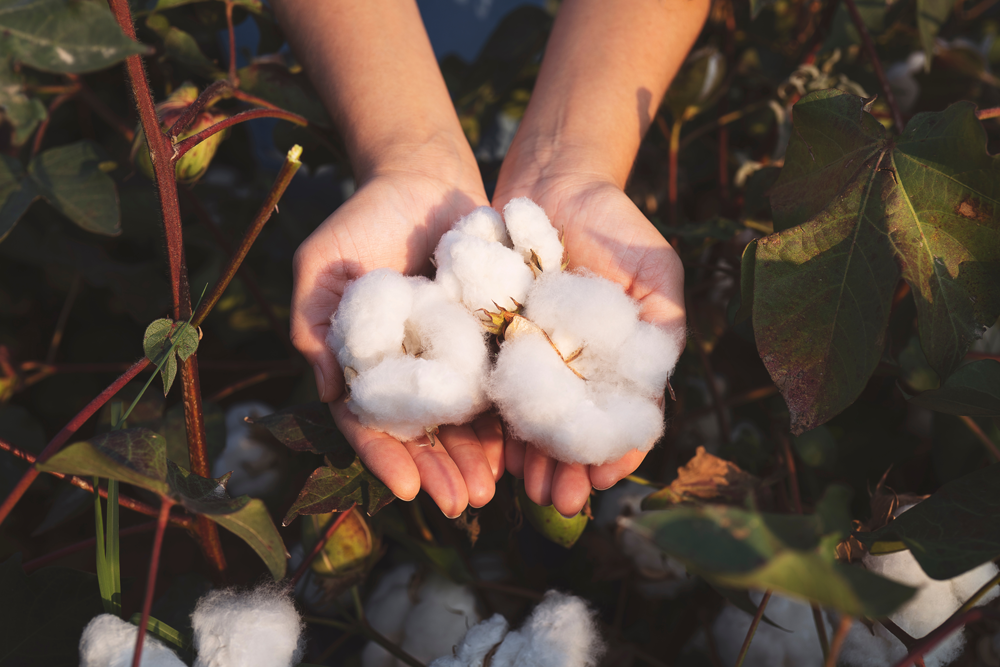
Organic cotton fabric is sourced from cotton plants grown without synthetic pesticides and fertilizers, offers significant environmental and health benefits. Firstly, its production enhances soil health and biodiversity, as organic farming practices avoid harmful chemicals, promoting a healthier ecosystem. Secondly, organic cotton is hypoallergenic and free from toxic residues, making it safer and more comfortable for those with sensitive skin, including babies. Thirdly, this fabric is known for its durability and softness, which increases with each wash, offering long-lasting comfort. Additionally, the cultivation of organic cotton consumes less water compared to conventional cotton, contributing to more sustainable water use. Organic cotton is primarily grown in countries like India, Turkey, and the United States, where it is harvested using methods that ensure the integrity of the organic process, often involving hand-picking to avoid cross-contamination with non-organic crops.
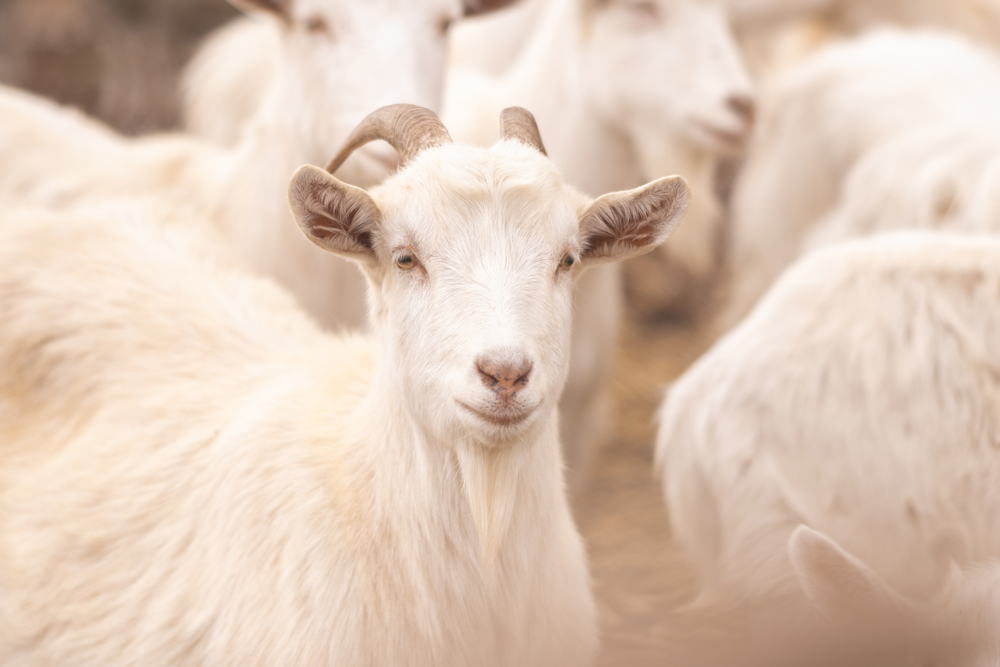
Cashmere fabric, known for its luxurious softness and warmth, is derived from the undercoat of cashmere goats, primarily raised in regions like Mongolia, China, and parts of the Himalayas. One of the key benefits of cashmere is its exceptional warmth-to-weight ratio, providing significant insulation without the bulkiness associated with other woolen fabrics. It is also highly sought after for its soft, silky texture, offering a luxurious feel against the skin, making it ideal for high-end clothing and accessories. Cashmere is also renowned for its durability and resilience; when cared for properly, cashmere garments can maintain their quality and appearance for years. Additionally, cashmere is a natural, breathable fiber that can help regulate body temperature, making it comfortable to wear in a variety of climates. The production of cashmere involves the delicate process of combing the goat's undercoat during the spring molting season, ensuring the fibers are collected in a way that doesn't harm the animals.
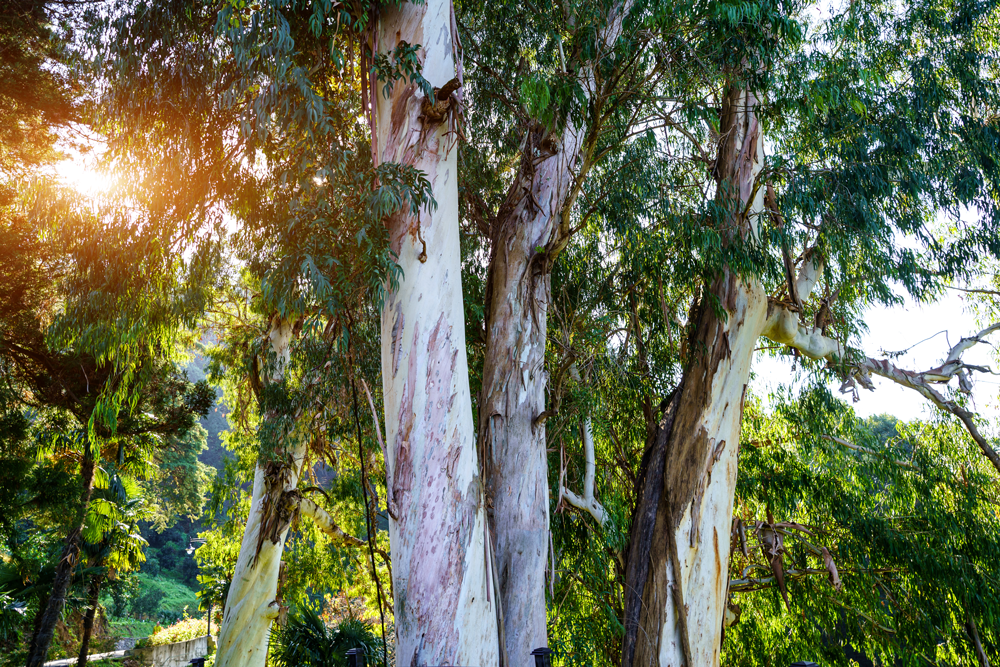
Viscose is derived from cellulose fiber, typically sourced from wood pulp of trees such as eucalyptus, beech, and pine. One of the main benefits of viscose is its silk-like feel and appearance, offering a luxurious look and texture at a more affordable price point than natural silk. It's highly absorbent and breathable, making it comfortable to wear in warm climates and suitable for a variety of garments. Viscose also drapes beautifully, lending an elegant flow to dresses and skirts, enhancing the garment's overall aesthetic. Furthermore, it blends well with other fibers to enhance durability and texture in fabric blends. The production process of viscose involves dissolving wood pulp and regenerating it into fiber, which allows for the creation of various weaves and textures.


















